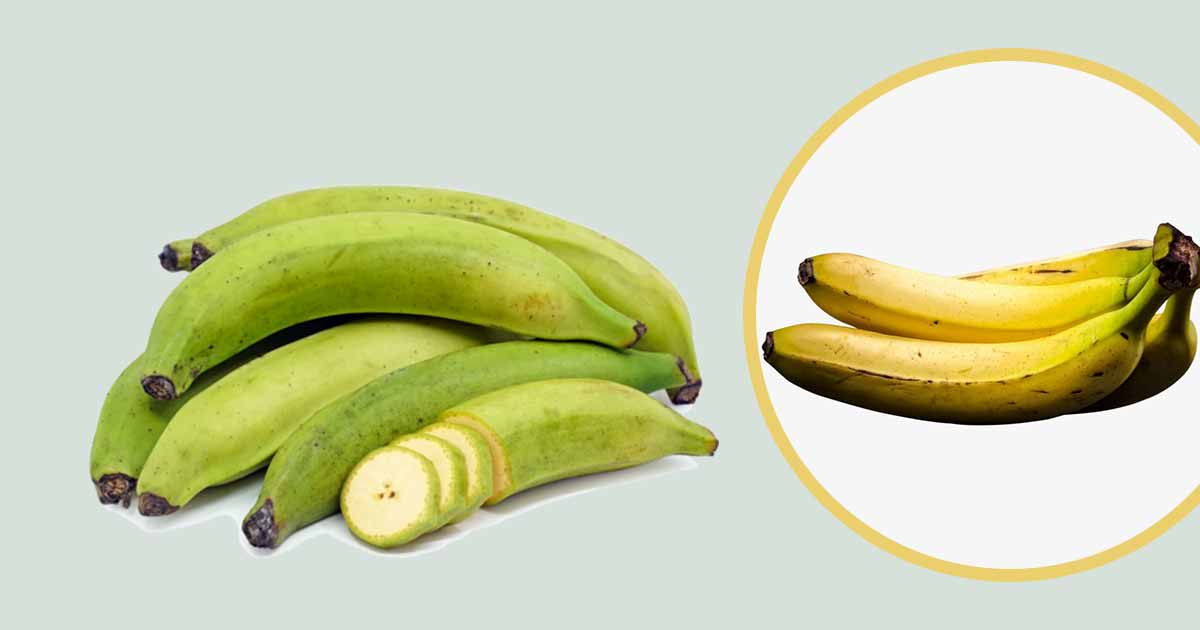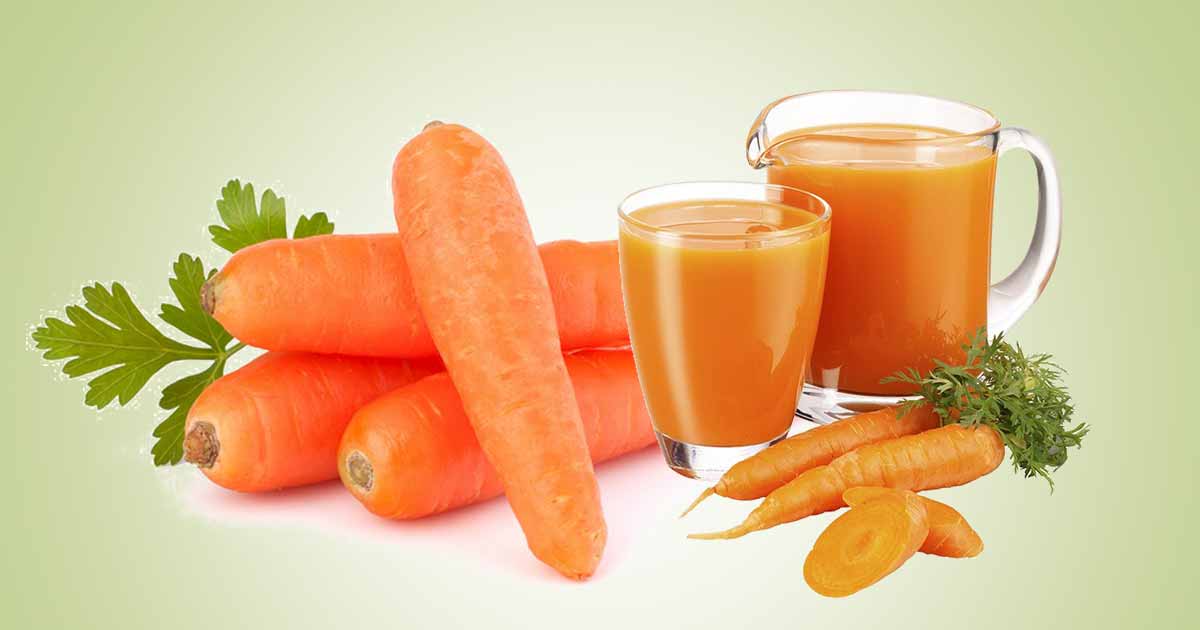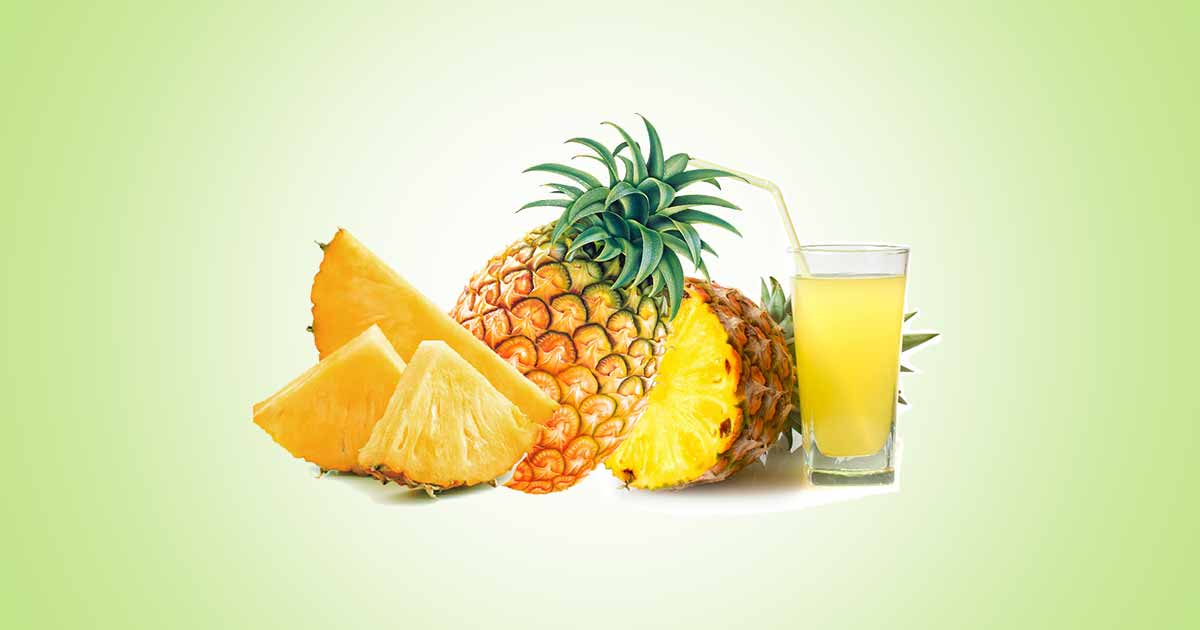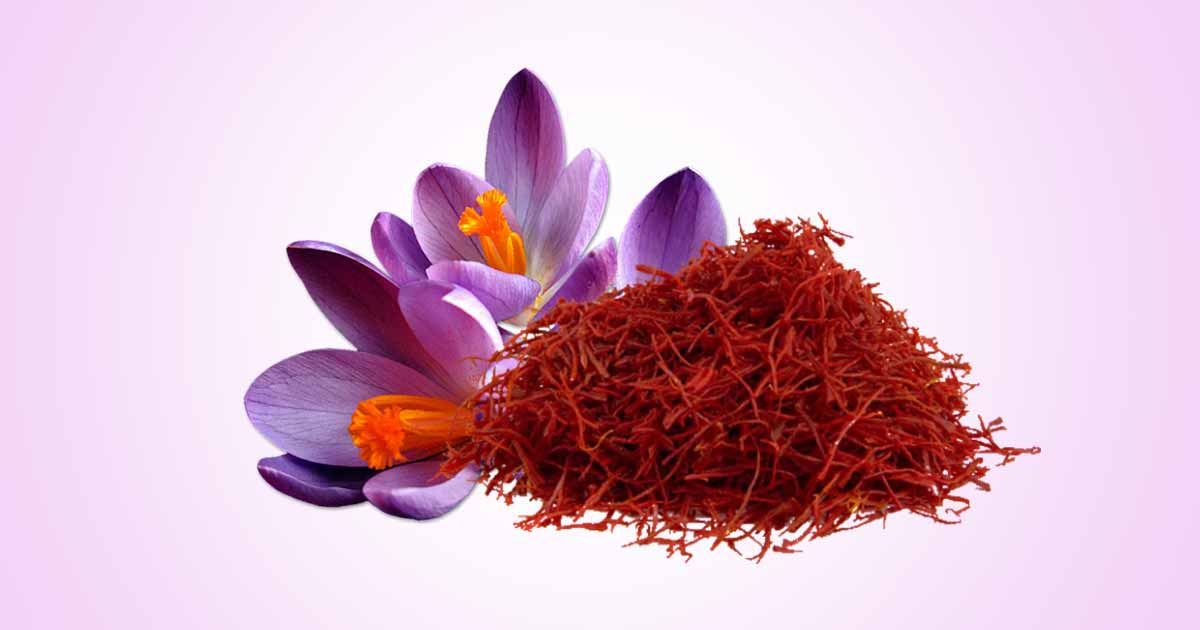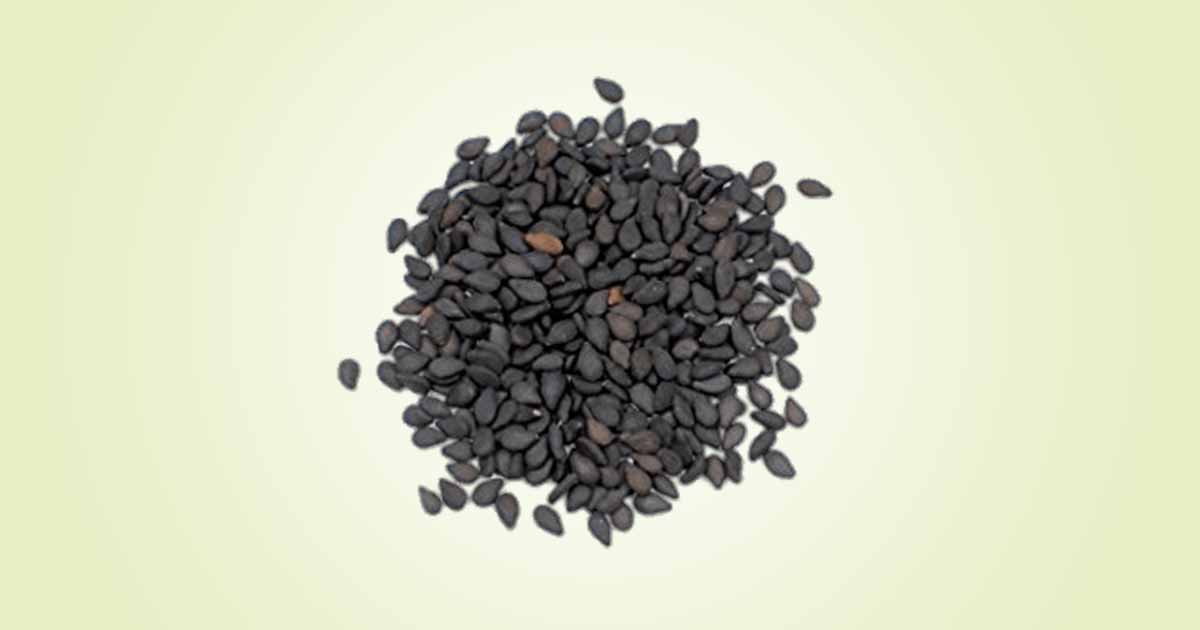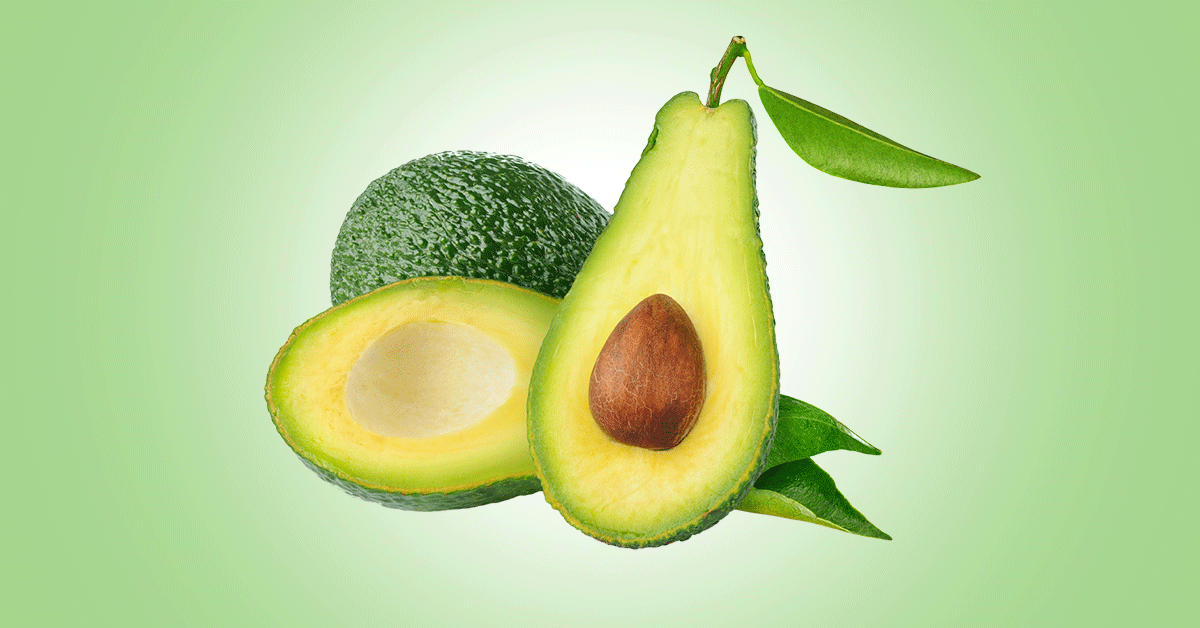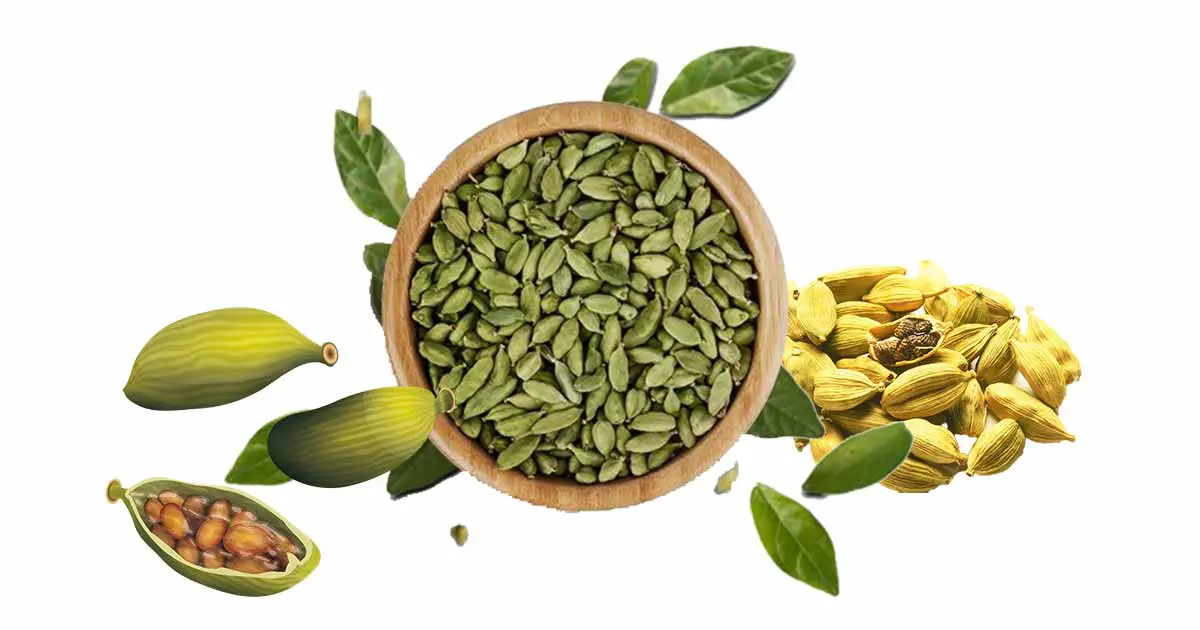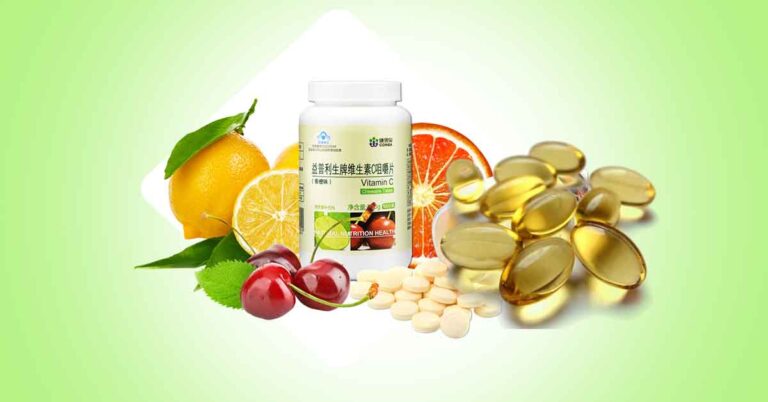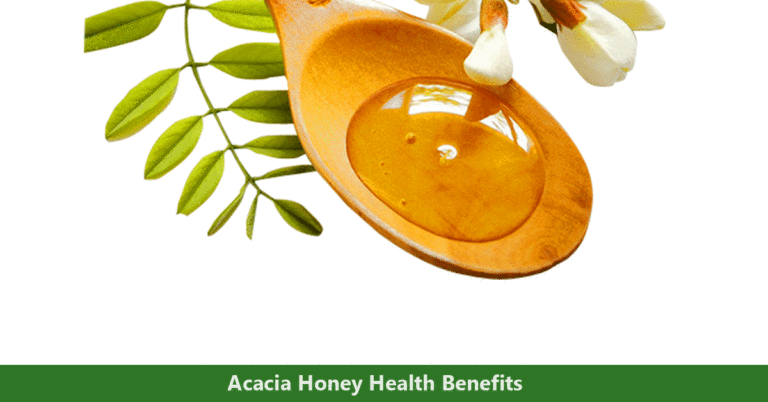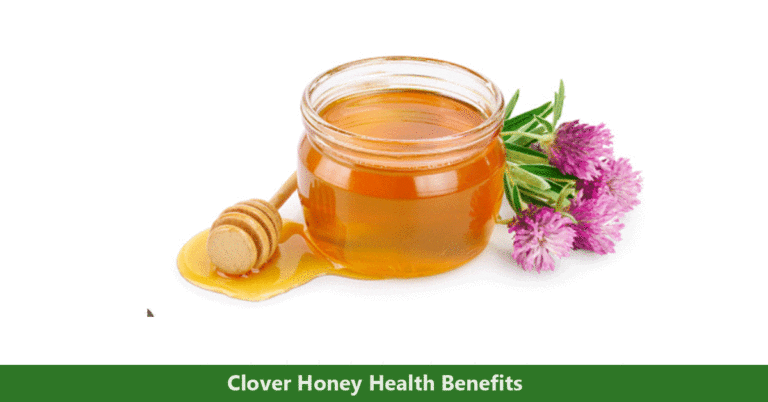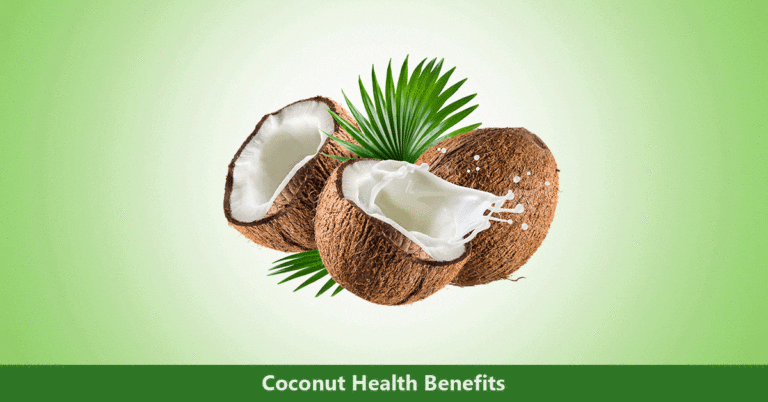Plantains are a herbaceous plant that is about 9 m long. It originates from Southeast Asia but is widely grown in Africa, South, and Central America. The generic and specific names of plantains are Musa and paradisiaca respectively. Hence, its binomial nomenclature is Musa paradisiaca.
Typically, the plantain fruits are green to brownish-yellow and are larger than banana fruits. Sometimes, it is referred to as a low-sugar and more starchy banana equivalent. Unlike bananas, plantain (especially the ripe ones) most times is cooked before consumption.
There are two main varieties – the French and horn. The French plantain yields big bunches with many fruits, while horn plantains are smaller with few fruits.
Plantains are an important part of diet in some parts of the world such as the Caribbean, South and Central America, and South East Asia.
Nutritional Composition
Plantains are a good source of several important nutrients that are beneficial to the body. According to the United States Department of Agriculture (USDA), a cup of baked ripe plantains weighing 139 grams contains the following nutrients;
- 58 g of Carbohydrates
- 3 g of Fiber
- 2 g of Protein
- 0.22 g of Fat
- 663 mg of Potassium
- 63 mg of vitamin A
- 23 mg of vitamin C
- 0.29 mg of Vitamin B-6
- 57 mg of Magnesium
Fibre: A single medium-sized plantain can provide up to 3.5 grams of dietary fiber, which is important for digestive health
Vitamin C: Plantain is a good source of vitamin C, an antioxidant that helps to protect cells from damage and plays a role in collagen synthesis, wound healing, anti-aging, anti-flu, and iron absorption. Also, vitamin C helps to lower cholesterol, blood pressure, and risk of heart disease and relieves depression and stress.
Vitamin A: It contains vitamin A, which is essential for eye health, immune function, growth and reproductive health, anti-aging, bone health, and skin health.
Vitamin B-6: It is also known as pyridoxine. The vitamin B-6 content helps to produce energy by converting food to energy. It also helps to synthesize brain chemicals such as serotonin and dopamine. Hence, it also enhances mood and brain function.
A deficiency of vitamin B-6 can result in reduced energy levels and a lack of concentration and coordination.
Potassium: Plantains are high in potassium, which is important for maintaining healthy blood pressure levels and supporting nerve and muscle function.
Magnesium: Magnesium is an essential mineral required by the body to carry out biochemical activities such as blood pressure regulation, energy boost, absorption of calcium and potassium, improved sleep, anti-inflammation, stress and depression relief, constipation relief, etc. Fortunately, plantains are a very rich source of magnesium.
Lack or inadequate magnesium in the body can result in cramps, fatigue, and poor sleep cycle.
Resistant Starch: Plantains contain a type of carbohydrate called resistant starch, which resists digestion in the small intestine and acts more like fiber in the large intestine. This improves fullness and reduces appetite. Resistant starch can help to support digestive health and improve insulin sensitivity.
Iron: Just like vitamin B-6, iron helps to produce the energy needed for cells to function. As a result, a lack of iron can cause fatigue and reduced energy level.
Health Benefits of Plantain
Improves Digestion: First, plantains are high in fiber, which can help to promote regular bowel movements by softening stools and making it easy to pass through the anus. This helps to prevent constipation.
Second, plantains contain resistant starch, which plays the role of probiotics and facilitates the growth of beneficial bacteria in the gut.
Also, foods that contain fibers help to lower the risk of diverticular disease of the large intestine and hemorrhoids. Fibers have also been associated with reducing cholesterol levels.
Lowers Blood Pressure: Lack of potassium and excessive sodium have been associated with high blood pressure. High blood pressure might result in aneurysm, stroke, heart attack, and other cardiovascular diseases. But with a high potassium content, plantains can help to reduce blood pressure and support heart health.
Aids in Weight Management: Plantains contain complex carbs such as fibers and starch, which are less processed and do not easily digest. This means that when you eat foods containing complex carbs (fibers and starch), you stay full for a long time and won’t snack in between meals.
Boosts Immune Function: Vitamin C and vitamin A in plantains both play important roles in supporting immune function. Furthermore, vitamin C acts as an antioxidant that shields the body from free radicals that are associated with cardiac diseases, aging, and certain types of cancer.
Diabetes Control: Plantains have a low Glycemic index (GI) of 40+ and digest slowly. Hence, it is suitable for patients suffering from type 2 diabetes. Also, the digestion of plantain does not take place in the small intestine. This helps to regulate the blood sugar such that it can neither rise nor fall beyond normal.
Improves Cardiac Functions: Plantains contain potassium that helps to maintain the cell and body fluids. This directly controls blood pressure and as well as heart rate. Also, the high fiber content in it help to reduce cholesterol and also improve heart functions.
Improves Insulin Sensitivity: Insulin sensitivity is defined as the cell’s irritability to insulin. The resistant starch in plantains may help to improve insulin sensitivity and reduce the risk of type 2 diabetes.
Improves Brain Function: Vitamin B-6 (also known as pyridoxine) found in plantains enhances mood and sleep cycle by heightening the synthesis of serotonin and dopamine. Also, neurotransmitters that convey messages from one cell to another are powered by Vitamin B-6.
Lowers Cholesterol: The soluble fiber in plantains binds the LDL cholesterol to the intestine and eliminates it through the stool. This helps to lower the absorption of LDL cholesterol and triglycerides in the body.
Promotes Healthy and Strong Bones: Plantains contain several minerals and vitamins that help them achieve that. For instance, calcium is well known for forming, maintaining, and improving strong bones, nails, and teeth. Potassium prevents wear and tear in the bones, while magnesium improves the absorption of calcium and other minerals.
Regularly eating plantain lowers your risk of osteoporosis. Osteoporosis is a condition known for the weakening of the bone which can be easily fractured. This condition is common in aged people, especially women who have reached menopause.
How to Incorporate Plantain into the Diet: Different Ways to Cook Plantain
Aside from frying, boiling, boiling, or eating your plantains raw (for the ripe ones), they can be incorporated into a variety of meals such as:
Plantain Stew
This is a common African dish and can be made with either ripe or unripe plantains. To make this dish, slices of plantains are cooked in a spicy stew under moderate heat, so that the ingredients would cook properly and evenly. The dishes can be served as an appetizer, main dish, or dessert.
In a Smoothie
Ripe plantains are sweeteners and a great replacement for sugar, syrup, honey, etc. in a smoothie. It also improves the thickness and texture of the smoothie.
In Oatmeal
Ripe plantains add flavor and extra sweetness to your oatmeal. You may decide to slice the raw ripe plantains directly into the oats or slightly bake them before adding them. Whichever way you choose, plantains are a great addition to your morning oats.
Gizdodo
This is a combo of chicken gizzards and plantain.
Boli
This recipe includes roasted plantain with pepper sauce.
Plantain Chips
These are made by slicing plantains into tiny flat pieces and frying them till it gets crispy. It can be made from ripe or unripe plantains.
Plantain Porridge
It is made with unripe plantains and veggies of your choice. However, a few slices of ripe ones can be added to sweeten it to your taste. This meal is enjoyed mostly by people who want to regulate their blood sugar, especially diabetic patients.
Plantain Puddings or Moi Moi
This is also known as Ukpo Ogede and is popularly eaten in the Eastern part of Nigeria. Plantain moi moi is made from overripe plantains even those with black skin, as long as it is not yet rotten.
Conclusion
Overall, plantains are a nutrient-dense food that can be a healthy addition to a balanced diet. They can be boiled, fried, or baked and used in a variety of dishes, such as stews, soups, and side dishes.

